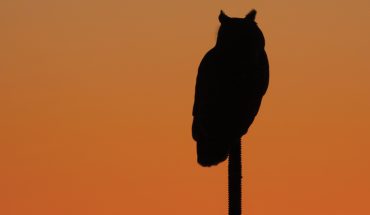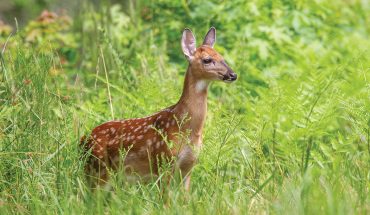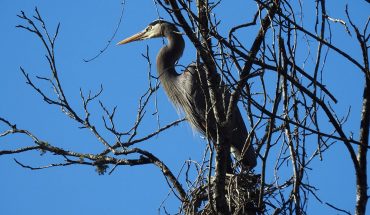The author of the book Your Pets’ Secret Lives talks about what inspired her niche career writing about the wonders of the natural world.
by Addie Ladner
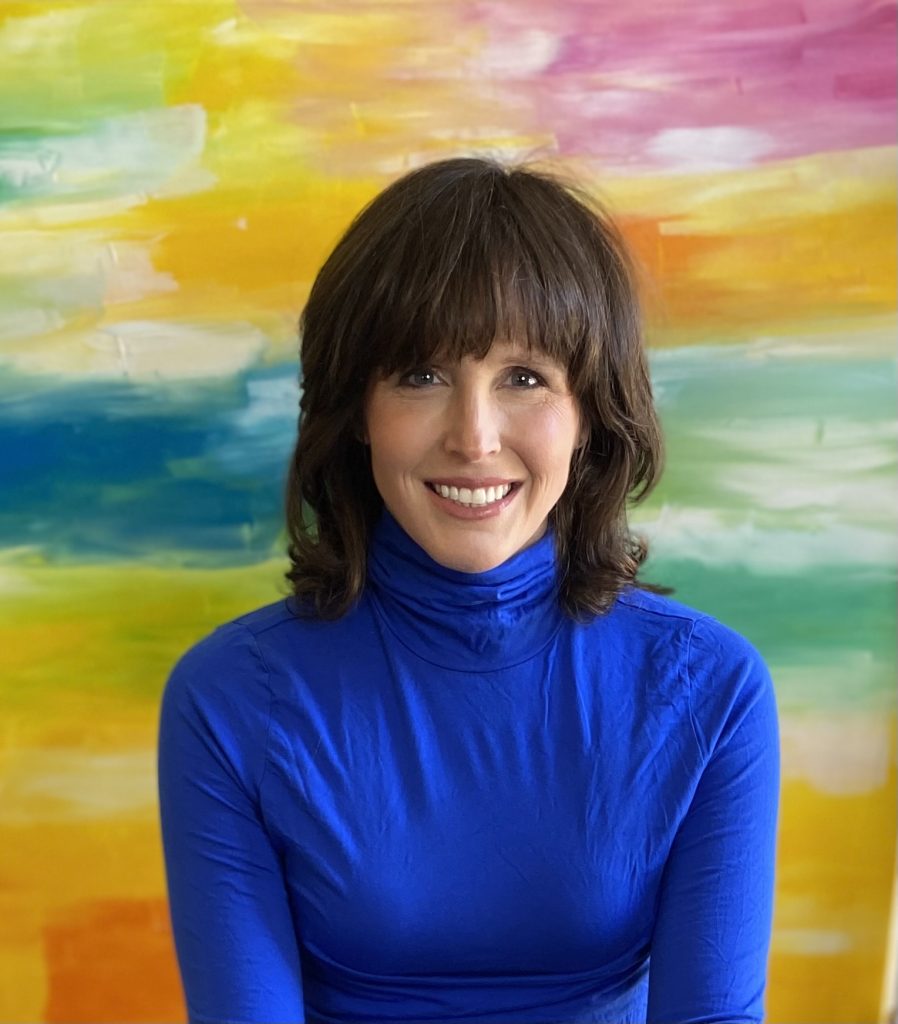
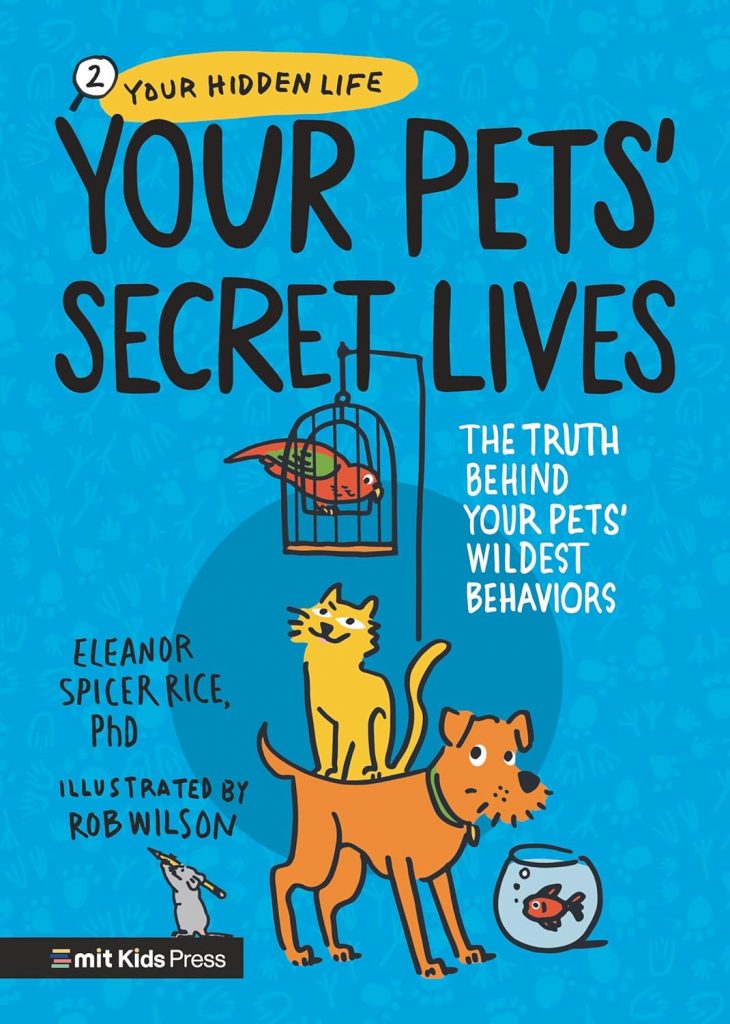
Raleigh-based author Eleanor Spicer Rice’s love and wonder of the natural world didn’t vanish after childhood. Instead, it led to a lifetime of passion and a career as a scientist, writer and educator. Since receiving her PhD in entomology from North Carolina State University, Rice has appeared as a guest on NPR, CBC and Netflix’s 72 Most Dangerous Animals.
Currently, she’s focused on a book series called Your Hidden Life about the wondrous, unrecognized things happening all around. The second in the series, Your Pets’ Secret Lives: The Truth Behind Your Pets’ Wildest Behaviors which came out in May, focuses on those peculiar things your pets do and why. Below we talked about Rice’s calling, her latest book and where she goes to marvel at nature in The City of Oaks.
How did you decide what you wanted to do for a career?
Like most children, I loved animals, being outside and books. I studied zoology and then got a PhD in entomology. In college, I learned that most of the animals we know about and can see are bugs.
So I figured learning about them would be the biggest bang for my buck. If you know about bugs, you are always surrounded by friends, which is fascinating. It ended up being one of the best decisions of my life. I started writing in graduate school when I realized how much misinformation there was.
What kind of misinformation?
I would see on the news or read stories of so much negativity towards wildlife and insects. For example, there were these young boys once who killed this giant snake living near their lake house. They bashed it with a stick and drowned it in a bucket of water, and it was a “heroes welcome” type story on the TV because people are scared of snakes. It didn’t show how valuable the snake was — and that it was exactly where it belonged. When I was watching that story unfold, I wanted to tell people the other side of it.
How can we fight our bias against things like snakes and spiders?
I live by the idea that caution is a kissing cousin of wonder, which is close to fascination, which is close to adoration. It’s okay to be cautious. But it’s also important to be curious.
This pertains to bugs, computers or whatever people are into. Things might seem frightening at first, but once you learn about them you will adore them. For example, I used to be so deathly afraid of spiders I would scream. But learning about them (for example: very few actually bite!) has changed my life. It flipped that switch of fear to curiosity and I want to share that.
How do you incorporate this approach as a parent to help your children’s initial reaction not be fear?
I think it’s a good general rule to greet unfamiliar situations with curiosity and kindness instead of fear, anger or disgust. Asking questions like, “What do you think this is? What do you think it is doing here? Why do you think it’s doing that?” It’s a freeing thing, to be released from fear and to be given the gift of wonder in return. Every person can do this. Every person can be given this gift, no matter the age or situation. This works across disciplines, across contexts. It might be groups of people that are unfamiliar to you, or belief systems that you might not agree with. I don’t necessarily agree with having fishing spiders nearby (they are the only spiders that still freak me out a little bit). But they have a right to be there, and they enrich the world by filling their ecological niche, no matter how creepily they do it.
Every time I pay attention to them I learn something. That doesn’t mean I run around grabbing fishing spiders. Caution and fear are two different states of being. Caution is born from reason and understanding. Fear is an instinct.
What do you see in your role as an author?
I want people to wonder about the natural world. This series of books is about things that are all around us. The first one was about the microbes that live all around us and the next one, Undercover Conversations, is about the abundance of weird and wonderful ways life around us speaks. And the feedback I’ve received is similar to how I felt while writing these books. “I had no idea!” and “It’s amazing that this sort of thing is happening all of the time!”
Speaking of, tell us about Your Pets’ Secret Lives!
At first, I wasn’t into writing this book, since I figured we all know about our pets. But it turns out there’s so much more to them than I thought. The book touches on 20 of the most common pets, and I dove into scientific research to discover what these pets are doing. So many studies blew my mind. For example, you may have noticed that when dogs go number two, they spin and stop, sometimes over and over, before they “go.” It’s not random! They’re lining up their bodies with the North and South of the Earth’s magnetic field, where they feel safe and comfortable. Some of these finds have never been shared in this way before, which makes this book even more special.
What are some other behaviors you think folks will be entertained to know?
I feel like most people tend to think goldfish are boring and, well, not sharp. There’s that common quote: “the memory of a goldfish.” But these animals are actually extraordinarily intelligent and have complex memories. They can be trained to do stuff like recognize voices and faces, do tricks like spin around or come, to navigate complicated mazes, and more.
What are your favorite places locally to go to see and observe these types of things in the natural world?
To me, Raleigh is one of the luckiest cities with such rich and abundant wildlife. We have so many incredible natural areas full of life.
I’ve seen great horned owls at the hidden pockets of Lake Johnson, leeches as long as my arm at Lake Raleigh. There are also water snakes (nonvenomous) that swim up to you like friendly puppies there and right now, there’s a pretty awesome beaver leaving pointy sticks around. I also really like Prairie Ridge Ecostation and Schenck Forest. I think I’ve seen every animal imaginable in Schenck Forest. But really, you don’t have to go anywhere. Anyone who has a porch stoop can find something if they look closely enough.
Grab a copy of Your Pets’ Secret Lives at Quail Ridge Books or Country Bookshop and checkout Rice’s instagram for book events or her popular insect Q&As.
This article was originally published on July 16, 2024 on waltermagazine.com


